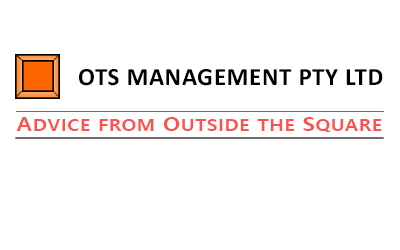As a small business owner, you will know about Profit & Loss Statements and Balance Sheets.
They tell you about your business profitability and net assets. You can see, from one period to another, whether you are making more profits than before, or less. They are the start to giving you information about the performance of your business, and hopefully leading you to create strategies to improve profitability and to increase wealth.
However, they have their limitations. For a start, they are historic. They give you the bigger picture, but unless you analyse them, they fail to break it down into the component parts.
Where is the profit coming from, or where is it not? How solvent are you and what's up ahead?
That's why it's important to dig deeper and put some attention to key financial ratios.
(more…)...
Read more
How Is My Business Performing?






